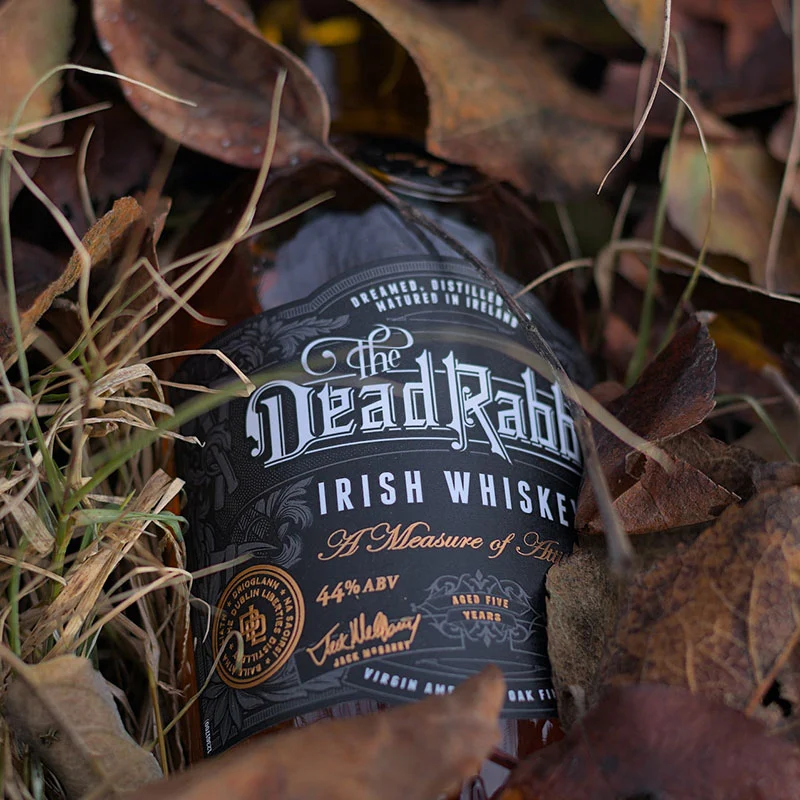Why alcoholics hide alcohol
Anyone struggling with a drinking problem may, at one time or another, feel compelled to hide their drink. This might be because society associates alcoholism to shame or the alcoholic might be in bliss denial of their problem.
As a result, they have to satisfy their alcohol dependency but only in secret. Alternatively, recovering alcoholics might also stash out their drinks in fear of disappointing their loved ones after a relapse. Or it could be your underage teen who abuses alcohol from time to time.
Whatever the reason, it is common to hide a bottle that one could easily reach for when it’s alcohol o’clock. Therefore, always keep an eye out for any visible short-term side effects of alcohol.
These may range from slurred speech, alcohol poisoning, moodiness, blackouts, loss of memory, and vomiting, among others. Not to leave out if they are always on breath mints, it could be to cover up the smell of alcohol on their breath.
That said, keep reading to know where alcoholics hide their stash. You might be surprised what you find out.
Common alcohol hiding places
In other drink containers
This is a clever way to conceal alcoholic drinks in public places, especially if one is accustomed to carrying a water bottle wherever they go. It is also possible to hide alcohol in opaque flasks or mix it with canned soda.
At home, shampoo and mouthwash bottles can be potential hideouts. Take caution whenever you come across new brand shampoo bottles, especially those that you or your loved ones have not used before.
Some alcoholics may empty mouthwash bottles and fill them up with alcohol, or at times just mix up the two to cover up the smell of alcohol. Others even mix alcohol with syrup in syrup bottles.
In the car
Whenever a coworker keeps dashing out to the parking lot now and then, it might be to take a shot of alcohol – especially if they have had a history of alcoholism.
Even though they keep it in the car, it doesn’t sit in the public eye but could be hidden in the trunk, under the seats, or in the glove compartment.
This would be a convenient spot as people spend some quality time in their cars. Statistics reveal that the average person spends about 9-10 hours a week in the car.
In the kitchen
Some ideal places to hide alcohol in the kitchen include the uppermost cabinets which are rarely accessed, or far behind your culinary arsenal in the cabinets. Small liquor bottles can also fit in empty cereal boxes.
Under desperate circumstances, alcoholics may even stash alcohol in trash cans, wrap it nicely to avoid dirt, and make sure they’re always the ones to take out the litter.
Nonetheless, this doesn’t mean everyone who steps up a role is guilty. They might truly be on the road to recovery.
In the bathroom
To be frank, you can never go to the bathroom enough times in a day. This is one of the least suspected places to stash alcohol without notice. And even if the bathroom reeks of alcohol once in a while, there are many products made of alcohol that are stored in the bathroom. So it’s the perfect cover-up.
Some common places in the bathroom include the laundry basket – who would go through a pile of dirty clothes anyway, in the toilet tank after carefully sealing the bottle to avoid contamination, or in plain sight, the bathroom cabinets.
It is also obvious one can stash a bottle or two under the bed or in dresser drawers in between clothes. Since the bedroom is a private place, it would be convenient to keep alcohol within reach.
Innocent behavior such as folding laundry or constantly needing to change clothes might be a craving to satisfy their alcohol dependency.
In bags or purses
Other than women who religiously carry handbags and purses, many people carry backpacks and briefcases on a regular basis.
This, therefore, makes them the ideal hideout for small liquor bottles and with a quick fix, they can quench their thirst.
All one needs is a private place to make a quick sip and get on with business.
This list could go on and on; we can never outnumber the stasher. However, at one point, you will discover the little inconsistencies in your loved one’s or friend’s behavior, or even stumble on hidden alcohol.
The response to your discovery is very crucial as hidden alcohol is a clear sign of a bigger drinking problem.
What to do if you find alcohol stashed out
Regardless of who it is; whether it’s your spouse, teen, or friend abusing alcohol, the last thing you should do is be judgmental, lash out or get mad about it. They are already struggling and this is when they could use some love and support.
Instead, calmly approach them about the issue and set a time to talk about it. Respectfully ask questions and get them to open up but as you do so, refrain from passing judgment and criticizing such behavior.
This will encourage them to be honest with you as opposed to switching to defense mode. You can both openly discuss the way forward and how to get professional help. It is advisable to encourage them to join a rehab center or start therapy sessions toward recovery.
Even so, as a show of support, you could both attend therapy for professional guidance on how to break free of alcohol dependency and how to deal with the secondhand effects of alcohol.
A therapist will shed some light on how you can support them and deal with related situations that may have cropped up as a result of their alcoholism.


